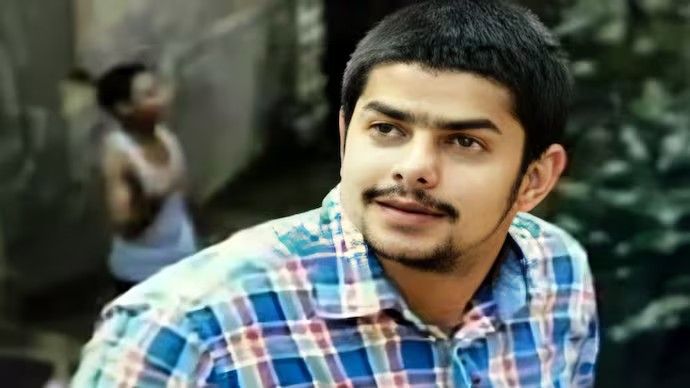
Mumba: In a significant breakthrough, the US law enforcement authorities have detained Anmol Bishnoi, the younger brother of gangster Lawrence Bishnoi, in connection with the Baba Siddique murder case and the firing incident in April this year outside Salman Khan's residence.
Sources from investigative agencies have confirmed Anmol's detention in California. Mumbai Police claim to have evidence that Anmol not only provided logistical support for the Siddique killing but also coordinated the attack. Given these antecedents and his increasingly dangerous profile, India could not afford to let him slip through its grasp. After fleeing the country using a fake passport, Anmol's trail led him to Canada, before his eventual arrest in the United States.
This international dimension underscores the global reach of the Bishnoi gang and the complex web of crime in which they are entangled. Following his detention, the Indian government and investigative agencies are now working on expediting his extradition. According to sources, the Union Ministry of Home Affairs and investigation agencies are in contact with the US officials, though the Ministry of External Affairs has not confirmed this.
About The Detention
Two weeks ago, a non-bailable warrant was issued against Anmol, leading to his detention, However, Anmol’s capture is only one strand in a much bigger picture. His detention comes at a time when diplomatic relations between India and Canada have reached a boiling point. Accusations of interference in India’s internal matters and alleged support for Khalistani separatism have soured ties.
India has long expressed frustration over Canada’s perceived tolerance of extremist elements within its borders, while Canadian officials claim to be monitoring such groups closely, though the perceived leniency continues to fuel tensions. The timing of Anmol's arrest could be telling. With relations between India and Canada at an all-time low, could this arrest signal an unspoken alliance between ‘Washington and Ottawa? In a twist, Canada may view Anmol's capture as an opportunity—using his extradition to strengthen its ties with the United States, while also deflecting pressure from India regarding its support for Khalistani elements. After all, a criminal like Anmol, who is linked to violent acts in both countries, could be the perfect pawn in such a diplomatic gambit.
As for the United States, its role is that of a behind-the-scene participant. Washington may find itself caught in the middle, with pressure being exerted to extradite Anmol to Canada—a move that hinges on a complex blend of legalities and diplomatic maneuvering. For now, Anmol remains just a pawn in this game, but as any skilled chess player knows, even pawns can change the outcome of the match when moved with precision.
Two weeks ago, a special court dealing with Maharashtra Control of Organised Crime Act (MCOCA) cases issued a non-bailable warrant against Anmol, he has 18 criminal cases registered against him, in addition to the two cases filed by the National Investigation Agency (NIA) - 20 cases, in all. Recently, the NIA announced a reward of Rs 10 lakh for information leading to his arrest. Anmol fled India using a fake passport and was seen in Kenya last year and in Canada, this year. He is known to frequently change his hideout.